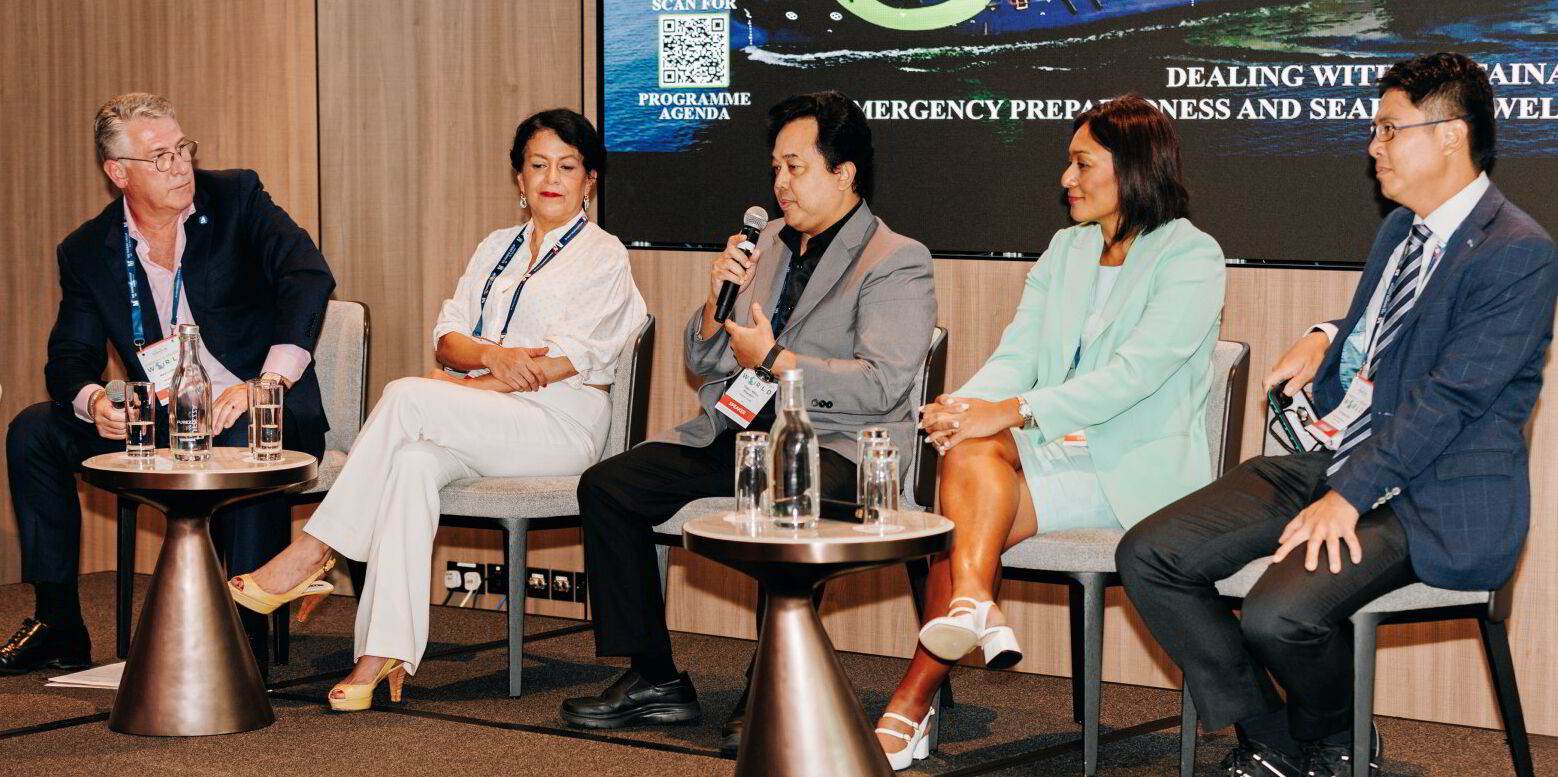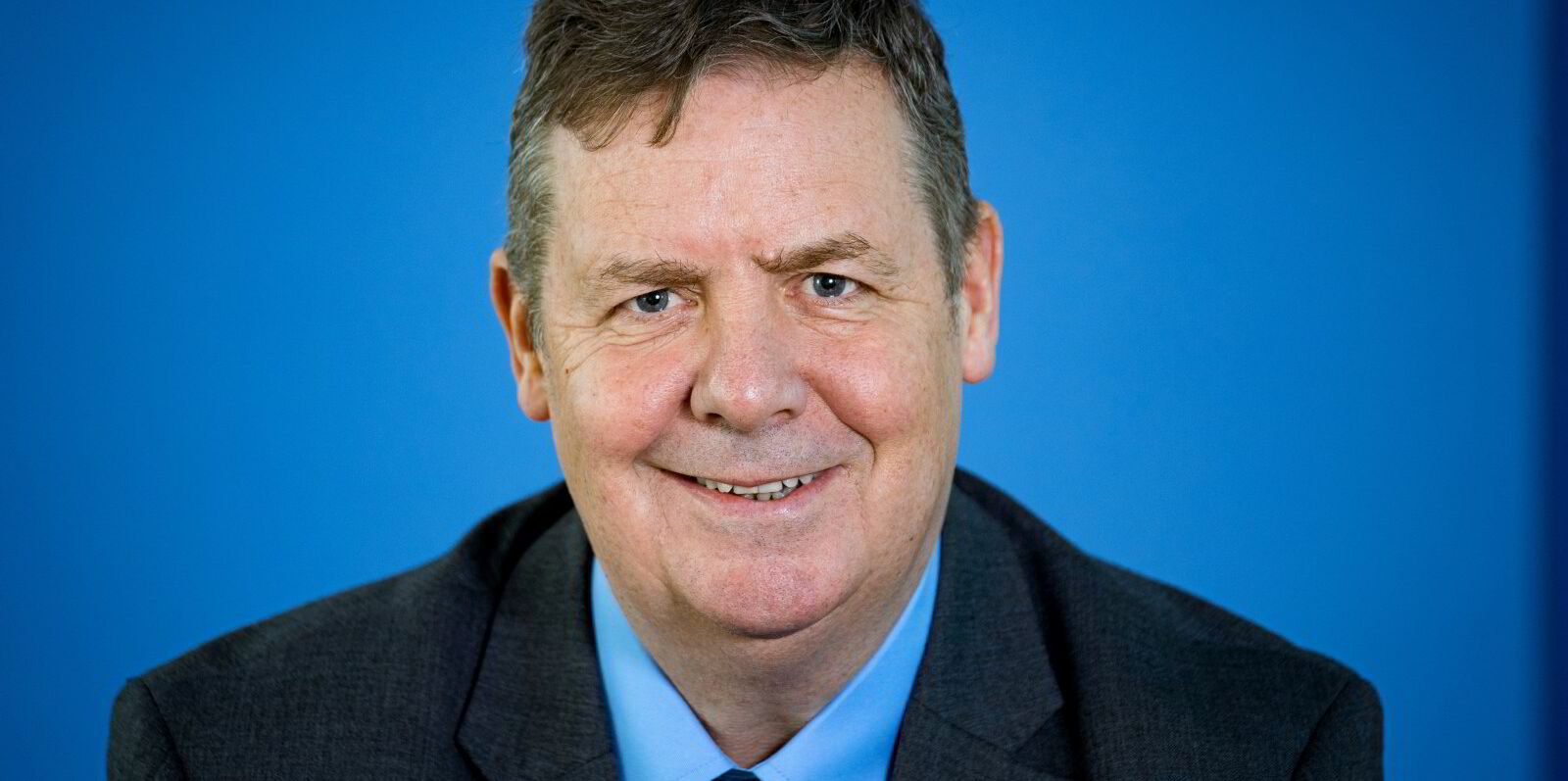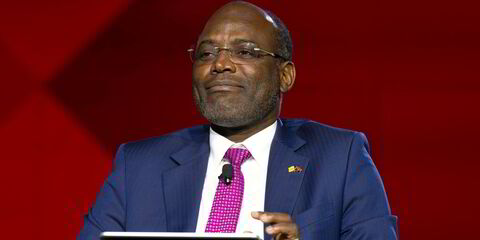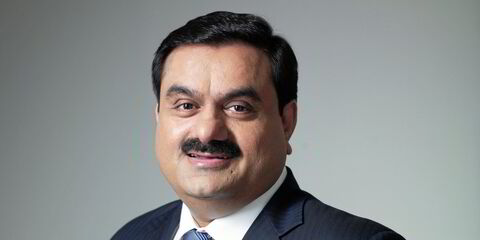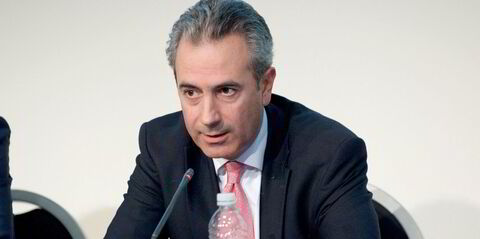Panellists at the Nautical Institute conference in Singapore aired their views and opinions on some of the most pressing issues affecting shipping.
The annual conference, held on 21 August, focused on industry transition, addressing issues such as sustainability, emergency preparedness and seafarer well-being.
Some key topics raised were the risks and challenges associated with renewable energy integration on vessels, legal issues surrounding green emergencies, and preparing the next generation for technological advancements in the industry.
Among three curated panel discussions, the first focused on how the industry is managing the green wave.
Panel moderator Ardmore Shipping Asia managing director Mark Cameron brought up a question regarding the state of the industry in relation to sustainability — is shipping currently in a green ripple, green wave or a green tsunami?
Su Yin Anand, co-founder of the Captain’s Table and senior adviser to the Global Centre for Maritime Decarbonisation (GCMD) said: “I think we’re seeing a tsunami of investments and uneducated money flowing into the energy transition within the maritime industry and infrastructure sector. We’re seeing a wave of greenwashing, but we’re just seeing a ripple of understanding. I think that’s where we are right now.”
Anand stressed her response did not represent the GCMD’s view on the question.
Wong Kai Cheong, senior technical manager at Intertanko shared, “I think we probably see more of ripples at the moment, where it’s not really sustained because in terms of understanding, it comes in waves, sometimes drips and drafts and really depends on who’s grabbing the headlines.”
Other panellists included Susana Germino, chief sustainability and energy transition officer at Swire Shipping and Swire Bulk, and Chatur Wahyu, director of the Singapore Maritime Academy.
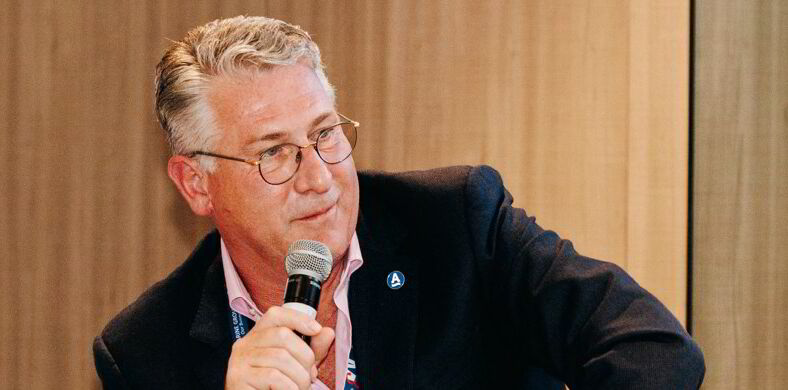
Both Germino and Wahyu believe the industry is currently in a green ripple.
Germino said: “I think that last year there was a feeling more of a green wave, and especially after the IMO [International Maritime Organization] had decided on the new targets for net zero around 2050. But I think with time and with some of the macroeconomics realities, it’s calming down.”
“But I think it’s also the timing regarding IMO too. We know that a lot of the push for environmental regulations will come from IMO’s ambitious new decisions next year. And I think that everyone is sort of expecting where it’s going to lead, so I think that we are in a ripple, but I do think that there is potential for the wave after April next year when IMO comes up with new regulations,” she added.
Wong noted that ripples are not usually sustained.
“We know that a wave is coming, a tsunami is coming, and hence, preparation has been made about that. But of course, we have to probably expect that the wave does not just come from one source. It comes from multiple sources,” he said.
“We have seen that it’s a very complex situation. The crew has to be trained, the suppliers have to be using it, and suppliers need the renewable energy which requires renewable infrastructure. Of course, investors and ship owners have to pay the money with their funds to project renewables. So multiple steps in tandem will lead to the big tsunami to come,” Wong said.
In an audience poll, 46% of respondents believed the industry is experiencing a green wave, 43% believed that it is only a green ripple while 11% believed shipping is in a green tsunami.
Other questions raised during the panel discussion included whether the IMO’s carbon intensity reduction target by 2030 was realistic and how much additional industry effort was needed to deliver the IMO’s ambition.
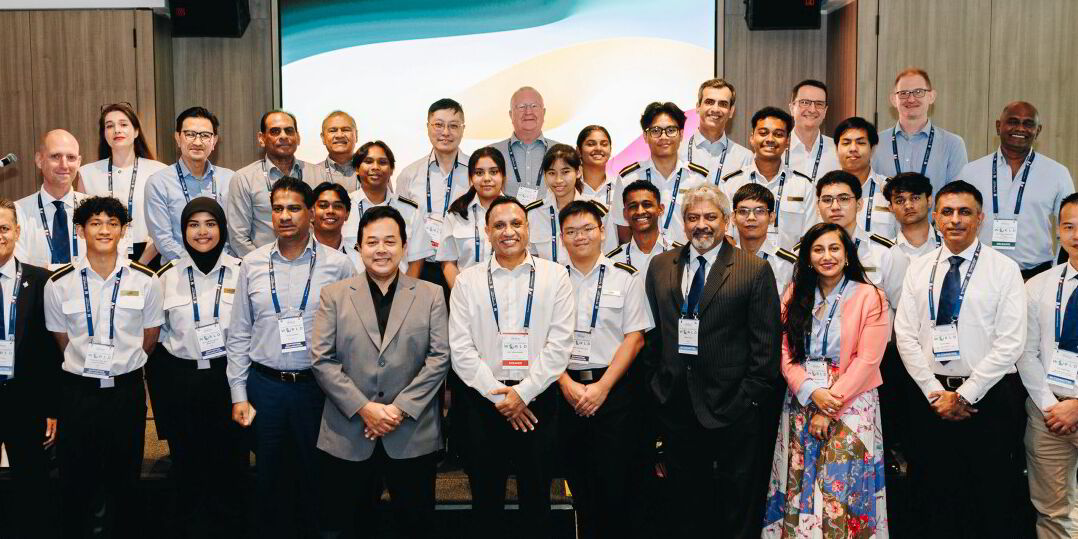
This year’s conference drew 220 delegates, which is the highest attendance for conferences by the Nautical Institute Singapore.
The guest of honour for the event was Maritime & Port Authority of Singapore chief executive Teo Eng Dih.
The conference was held as part of the Singapore Safety at Sea Week which comes at a critical time given recent high-profile oil spills and maritime emergencies that underscore the need for innovative solutions and proactive dialogue.
